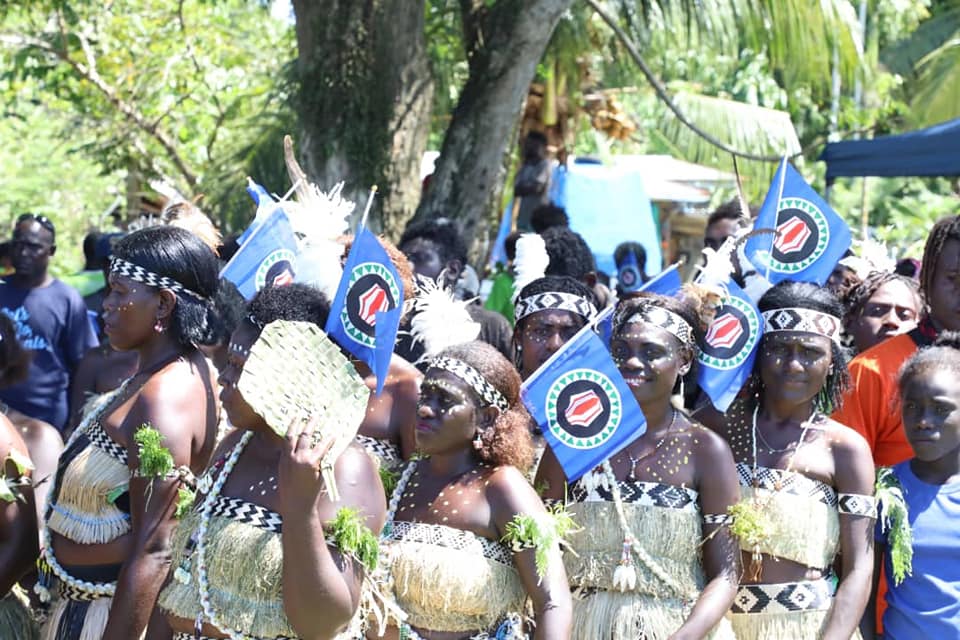Bougainville’s push for independence has hit a constitutional snag with top legal advisors telling the National Government that nothing can usurp the power and authority of the Constitution.
The PNG Government’s paper delivered in Australia last week further detailed based on legal advice that this could not be allowed and that it would be unconstitutional.
This would disappoint the ABG and the people on Bougainville, but the Government needed to protect the PNG Constitution and abide by it, said chief secretary to the Prime Minister and NEC Ivan Pomaleu when he presented PNG’s position paper on The Bougainville Post Referendum Process – The National Government Perspective – at the Australian National University last week.
“It is here that I want to make a strong point. It is the National Government’s position that nothing can usurp the power and authority of the Constitution,” Pomaleu said.
“While Bougainvilleans have sought to make the case for PNG agreeing to and granting independence without a formal vote taking place in the National Parliament, drawing on the example of Papua New Guinea’s own autochthonous experience in gaining independence, the legal advice of our most senior lawyers are that this cannot be allowed.
“To do so would simply be unconstitutional.
“The foundation of our nation is the Constitution.
It cannot be discarded for the sake of convenience or political cause.
“As I said earlier in this paper, the way parliament makes a decision is prescribed by Section 114 of the Constitution.
That is, any decision of the parliament shall be decided by a majority of votes of the members present and voting.
“But putting aside our constitutional obligations, there is another important and more philosophical reason that parliament should retain final decision-making authority, as prescribed by the Bougainville Peace Agreement.
“PNG is a parliamentary democracy. Its members comprise and represent every person in our nation, including all the people of Bougainville.
Put another way, the views they express represent the views of those in their electorates.
“I appreciate that this does cause some concern for our Bougainville colleagues.
They argue that the people of Bougainville have already expressed their will by way of the referendum in favour of an independent state.
“This is not denied. It is acknowledged and accepted by the National Government. But as the prime minister has said, a decision of such a magnitude must be sanctioned and endorsed by all the people,” Pomaleu said.
“PNG is a nation that comprises 1000 tribes and 800 languages. We are a family.
“And like all families, when matters of dispute arise, it is important that each family member get their say before a final decision is made, or a resolution put in place.
“This is also the Melanesian way. Consensus is important, as is the need to talk through issues and understand implications.
“Finally, it is the prime minister’s view that regardless of the outcome that comes from a vote in the National Parliament, there is a need for greater coordinated efforts to deliver on the terms of the Bougainville Peace Agreement and any agreed final political settlement.
This requires not only a whole-of-government approach, but a genuine mechanism that will facilitate and aid partnership and support the needs of both governments.”
